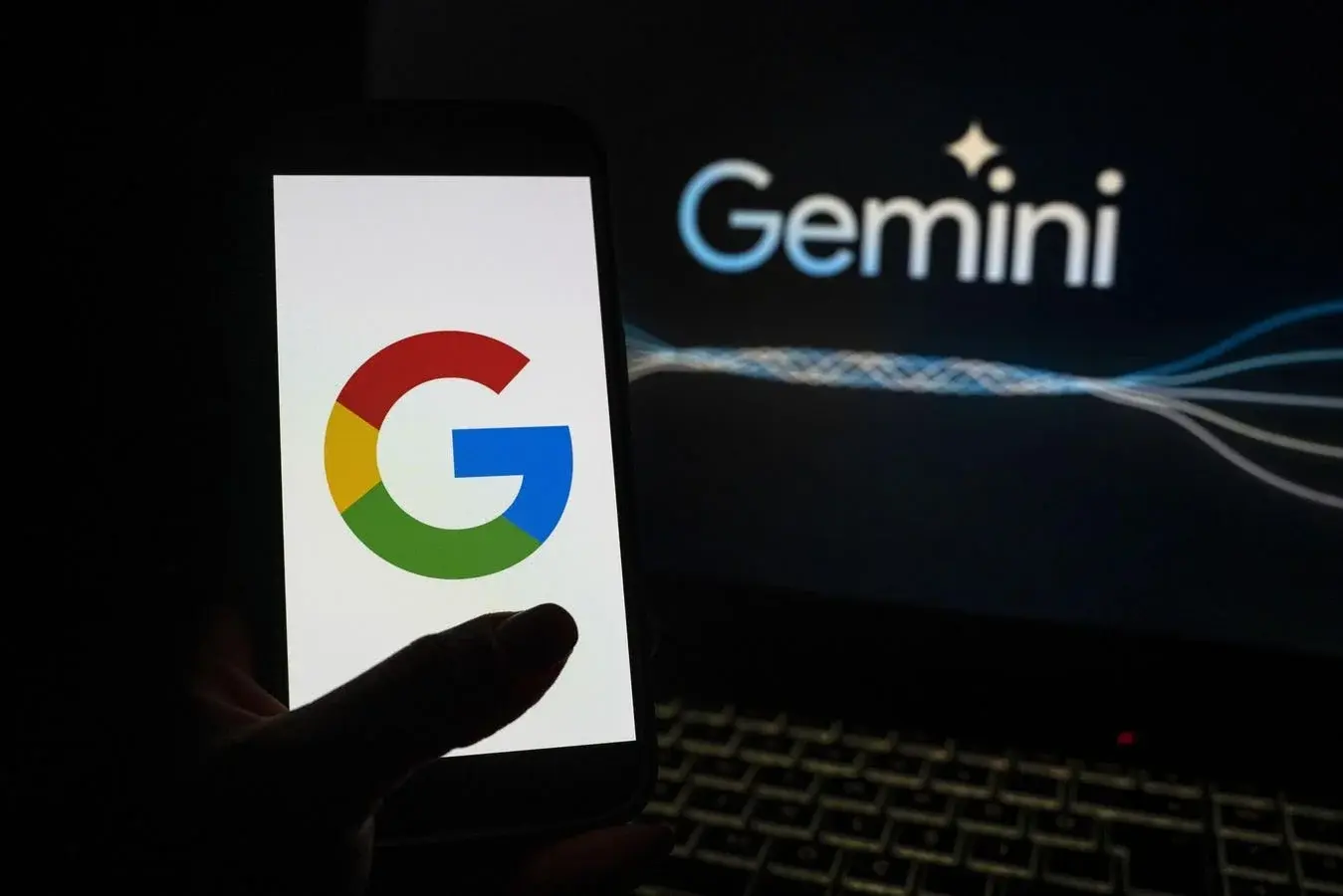Samsung’s latest foldable phones, the Galaxy Z Fold 6 and Flip 6, were unveiled at the Galaxy Unpacked event in Paris. These new models, along with the Galaxy S24 series, come pre-installed with Google’s AI tool, Gemini. This close deal between Samsung and Google has caught the eye of the European Commission’s antitrust regulator. The EU aims to probe if there are any unfair practices in the use of Gemini in Samsung’s Galaxy phones. Let’s look into the details of this probe and what it means for both firms.

Samsung’s New Foldable Phones
At the Galaxy Unpacked event, Samsung launched the Galaxy Z Fold 6 and Flip 6. These new foldable phones feature top-notch tech and new designs. One standout feature of these devices is the use of Google’s AI tool, Gemini. This tool is meant to boost the user experience by adding advanced AI features directly on the smartphone.
Meet Gemini
Gemini, Google’s AI tool, is built into Samsung’s 2024 top models. Users can turn on the Gemini interface with voice commands or by swiping up from the bottom of the screen. This AI tool lets users do various tasks more quickly. For example, the “circle search” feature lets users swiftly search for info by drawing a circle on the screen, without needing to open different search apps.
The EU’s AI Antitrust Probe
The use of Gemini in Samsung’s Galaxy phones has raised flags with the European Commission’s antitrust regulator. Reuters reports that Samsung got an eight-page query from the EU today. The query seeks info about the launch of phones with Google’s AI service, Gemini.
The EU’s main concern is whether there was any unfair practice in this deal. The probe aims to find out if the deal between Samsung and Google stops other AI firms from competing. By closely looking at this deal, the EU hopes to keep the market fair and ensure that no single firm gains an unfair edge.
Possible Antitrust Issues
One key issue the EU is probing is whether the use of Gemini in Samsung’s devices breaks antitrust laws. The probe focuses on the risk of anti-competitive practices. For example, when users ask Gemini to find sightseeing spots, the tool defaults to using Google Maps and showing Google’s travel info. This close link with Google’s services could limit chances for other AI firms to compete in the market.

The EU is asking whether Samsung thought about using AI chatbots from other firms instead of just partnering with Google. If the probe finds that the deal stops competition, both Samsung and Google could face big fines.
Digital Markets Rule
The possible fines for breaking antitrust laws could be huge. The EU’s Digital Markets Rule (DMR) aims to stop anti-competitive practices and keep a fair market. Firms that break the DMR can pay up to 10% of their global sales. For big firms like Google and Samsung, this could be billions of euros.
The DMR has been used before to force firms like Apple to open their ecosystems to third-party apps. If the EU finds that the deal between Google and Samsung breaks the DMR, both firms could be required to make big changes to their business practices.
Effects on Samsung and Google
The result of the EU’s AI antitrust probe could have wide effects for both Samsung and Google. If guilty of breaking antitrust laws, the firms could face huge fines and may have to change their deal. This could disrupt their business plans and impact their market positions.
For Samsung, the probe could mean rethinking its exclusive deal with Google for AI services. The firm might need to look at other AI solutions to avoid more regulatory scrutiny. For Google, the probe could lead to changes in how it uses its AI tools with partner devices, making sure it does not stop competition.
Market Impact and Future Trends
The EU’s probe into Samsung and Google’s deal highlights the growing scrutiny of large tech firms and their market practices. As AI tech becomes more built into everyday devices, regulators are more concerned about keeping a fair and competitive market.
The result of this probe will likely set a trend for future AI deals and uses. If the EU imposes fines or other penalties, it could push other tech firms to be more cautious in their deals and make sure that they do not engage in anti-competitive practices.
Conclusion
The EU’s antitrust probe into the deal between Samsung and Google over the use of the Gemini AI tool is a big event in the tech world. The probe aims to keep fair competition and stop anti-competitive practices. The result could have major effects for both firms, possibly leading to huge fines and changes to their business practices. As AI tech keeps evolving, regulatory scrutiny is likely to grow, stressing the need for a fair and competitive market.





